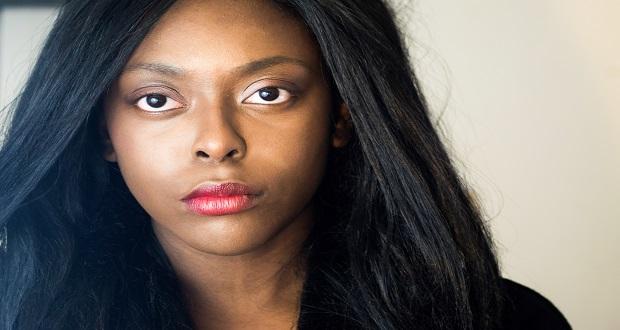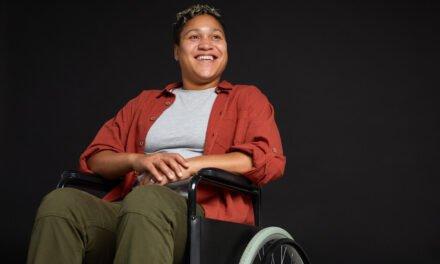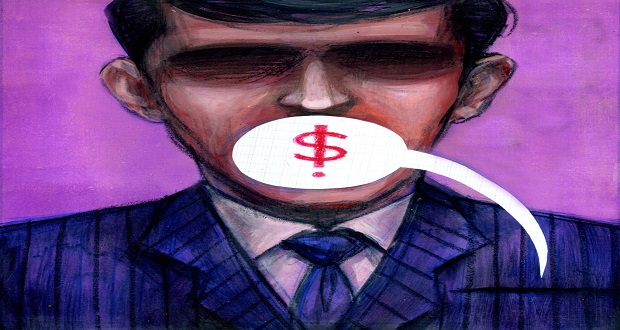
When I sit and reflect on the progress of diversity and inclusion in the U.S., it scares me to some degree that we are not further along. It is 2018, and we are still experiencing many of the same societal ills of our parents and grandparents. Don’t get me wrong—there has been progress. But often, the progress—like our first black president—blinds us to the fact that there is still much work to do, especially when it comes to race. It seems like lately, every week (or day!) we are hearing stories of racially charged, or just racist, incidents in everyday places and situations.
I am not sure, statistically, if these incidents are just as (or more) prevalent than they were 10 or 20 years ago. Maybe I have a hypersensitivity to race related bias because I am a black woman. Maybe social media just gives us more immediate access to learning about these incidents as they occur. Nonetheless, it’s a serious problem. The following situations were reported in just the last month.
Starbucks: We all (should) know the story by now. The police were called on two black men waiting in Starbucks for a friend/colleague. The men were subsequently arrested. The crime? Waiting while black.
Colorado State: Two Native American students on a college tour at their dream college had the police called on them by a white parent of another prospective student who said they made her ‘nervous.’ The crime? Visiting a college while brown.
Nordstrom Rack: Three black teens were accused of stealing at a Nordstrom Rack in St. Louis. Two employees followed them throughout the store and reported them to the police. When they left the store with the items they paid for, the police were outside waiting. The crime? Shopping while black.
Gas Station in Southern California: An off-duty police officer pulled a gun on a Hispanic man who he accused of stealing a roll of Mentos. The man had just paid for the candy. The crime? Buying candy while brown.
AirBnB Home in California: A white neighbor called the police on several black women filmmakers who stayed at an AirbnB home across the street from her. As they were checking out they were met with seven police cars and a helicopter overhead, as a result of the 911 call where the neighbor said there were “3 black women stealing stuff.” The crime? AirBnBing while black.
Yale University: A black graduate student at Yale had the cops called on her while she napped in the common area of her dorm. Even after proving she lived in the dorm by opening the door to her room, the police still asked to see her school ID. Yale sided with the police for following ‘protocol’. The crime? Napping while black (at an Ivy League school).
Grandview Golf Course: Five African American women playing golf in Pennsylvania had the police called on them because they were golfing too slowly. The crime? Golfing (too slow) while black.
University of Florida: The University of Florida president apologized to black graduates who were following a tradition of coming on stage to celebrate. The black students were manhandled off stage by a white faculty member leaving them embarrassed and humiliated. The black students contend that white graduates were not treated the same way. The crime? Graduating while black.
New York City Apartment Building: A black former White House staffer had the police called on him while he was moving into his new apartment in Manhattan’s Upper West Side. The crime? Moving while black.
I am exhausted. Just rehashing all these incidents to write this post exhausts me and re-infuriates me. But I feel it’s important to share them with you. If you are not black (or brown), imagine for a moment if any of these incidents were to happen to you – simply for just being in the skin you’re in. The prevalence of these racial profiling situations truly puts me in fear. I fear for my black husband. I fear for my black brother. I fear for my black mother. I fear for myself. Who wants to live in a constant state of fear?
If you are not black (or brown), imagine for a moment if any of these incidents were to happen to you – simply for just being in the skin you’re in. Click To TweetMany of these situations you will not see on the news, or it will only be mentioned briefly. Because let’s face it, we are still leery of talking about race in America. This is a real concern for me—we obviously have a race problem in our society, and we still don’t want to address it. Often our clients will tell us they don’t want us to focus their D&I efforts on race – even when the reason they called us was a racial incident that occurred, or because their data reveals racial disparities. We have even been accused in training sessions of being too “race-focused”, and when we looked at the content, there was absolutely nothing about race except that the facilitator for the session was black. It’s this trepidation in talking about this very real and serious issue that has us stuck. Let’s talk about it!
In discussing how I would write about this topic with my colleague, she asked me from what angle I would write and suggested that I include a call to action. She said, “That part is probably the hardest part because for us it seems simple – just stop calling the cops on black people because they make you nervous.” I agree, it should be just that simple – I wish it was.
Mary-Frances Winters wrote a post for Inclusion Solution in 2015 where she challenged us to call the “race card”. It is even more urgent today to call the race card. I am encouraged, though, that when these incidents happen, the leaders of some of these organizations step up, speak out and take action. One-time unconscious bias training, however, will not fix this deep-seated racial divide (ahem, Starbucks). First, it takes desire and an acknowledgement that we all have something to learn.
I would like to leave you with this: If you do ever find yourself in a situation where you are nervous or fearful because someone of a darker hue is in your presence, your neighborhood, your place of business, or just in your line of vision, pause and reflect on why you are uncomfortable – it really is about you. The first step is self-understanding. What assumptions are you making? What biases do you have? How are you projecting those on unsuspecting black and brown folks who just want to live?
If you do ever find yourself in a situation where you are nervous or fearful because someone of a darker hue is in your presence, pause and reflect on why you are uncomfortable – it really is about you. Click To TweetAt The Winters Group, we use our Commitment to Live Inclusively as a guiding light in living out ‘this work.’ I encourage you to check it out today. Sometimes inclusion and equity can feel so out of reach—particularly during times as these. The reality is, we all can make a difference and do our part. In the words of Mary-Frances Winters: “Inclusion Starts with ‘I,’ and happens with ‘us.’”
Inclusion Starts with 'I' and Happens with 'Us' @maryfwinters Click To Tweet

















